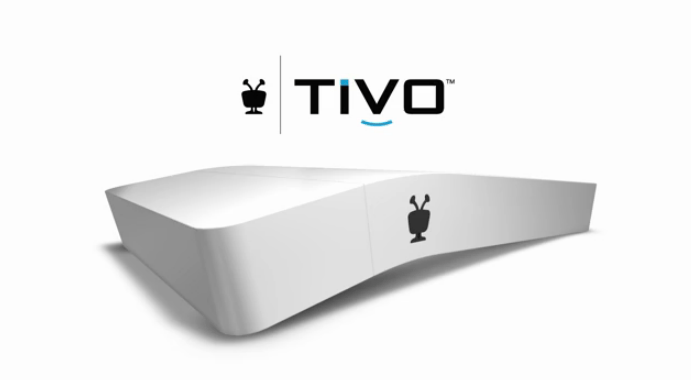TiVo Bolt and NVIDIA Shield both represent the best of two very different concepts. Bolt is the best DVR and it is based on a continuing world where we are tied at the hip to our cable providers who mostly don’t get that users really would rather watch on-demand. NVIDIA Shield represents a view of the world where the cable provider is irrelevant for anything but connectivity and your programing now includes video games. There is a certain amount of overlap in that both support 4K video content, both will stream content off of your PC, and both use a design that assures they won’t be on the bottom of a stack of stuff feeding your PC suggesting you’ll want to watch the heat a bit if you have them in a sealed enclosure.
I’m a long time TiVo customer having used the service since it launched over a decade ago and I’ve been on the Shield platform since it launched a few years back. Let’s talk about these two similar though very different offerings.
TiVo Bolt
The killer feature for the <href=”#/bolt?st-t=bing_TiVo-Website&vt-k=tivo%20bolt&vt-mt=e&utm_source=bing&utm_medium=cpc”>TiVo Bolt is its one button ability to skip commercials, I mean the entire commercial break not just one commercial at a time. The new TiVo actually indexes the beginning and end of the break so it knows when to stop. It isn’t automatic but you can almost create an experience with network shows that rivals what you get on commercial free services like HBO and Showtime. It also has a fast mode where you can more quickly go through content and yet still understand what people are saying. Critical if you are watching something for a class assignment, getting through the stupid romantic parts of action movies, or watching any kind of political program.
As noted, this is the first TiVo that supports 4K UHD which means it will look far better on that new 4K TV than earlier versions. One screwy thing is they made it white instead of black so it may not look all that good on your stereo cabinet (I think this is a perfect reason to pick up a can of black Plasti Dip and learn how to use it). This is also the first TiVo to use gigabit Ethernet which means that communicating with remote storage or other TiVo Bolts and future TiVo Minis will now go much, much faster.
Price is $300 or $400 depending on whether you want 500 MB or 1 TB of storage. (With 4K support I’d definitely recommend the I TB version).
NVIDIA Shield with GeForce Now
While TiVo Bolt makes cable use far better NVIDIA Shield is on a path to make cable companies and the way you currently play video games obsolete in much the same way that Netflix took out DVD rental companies. Currently NVIDIA Shield is the only Apple TV like set top box shipping with 4K support (the new Kindle Fire TV also supports 4K but it isn’t shipping yet). This aggregates the vast majority of streaming services under one user interface (with the exception of Amazon Prime) and adds the GeForce Now game streaming service.
GeForce Now is like Netflix streaming but for games (I’m kind of surprised Netflix and especially Amazon haven’t launched a high end streaming game service yet). This not only means that most of your video entertainment is in one place but that you are set up for gaming on what is likely your highest resolution display, your 4K TV.
Far smaller than the TiVo Bolt it also uses a design that requires you place it on the top of your hardware though since it is also far smaller than the Bolt you could conceivably mount it more easily behind your TV. In addition as I was writing this Android TV, the engine behind Shield, just got new apps from Showtime, HBO, CBS, WWE, UFC, and Disney moving sharply away from Apple TV’s limitations.
If you are cutting the cord not just making the cord far less painful the Shield is now the product to watch.
Wrapping Up:
There are often two approaches to change. One is to adapt to it by enhancing existing services and the other is to start fresh with something very different. The TiVo Bolt embraces the world that is and makes it far more palatable (but likely pissing off advertisers in the process) and Shield moves to the coming world aggressively where everything is in the cloud and available on demand. I couldn’t pick so shortly I’ll eventually have both. Go figure.
- Why Intel’s FAB and Foundry Expansion May Save the Company - April 19, 2024
- Intel Vision: How the AI Wave Could End the Wintel Age - April 12, 2024
- With AI, Communication Skills Become Vastly More Important - April 5, 2024



